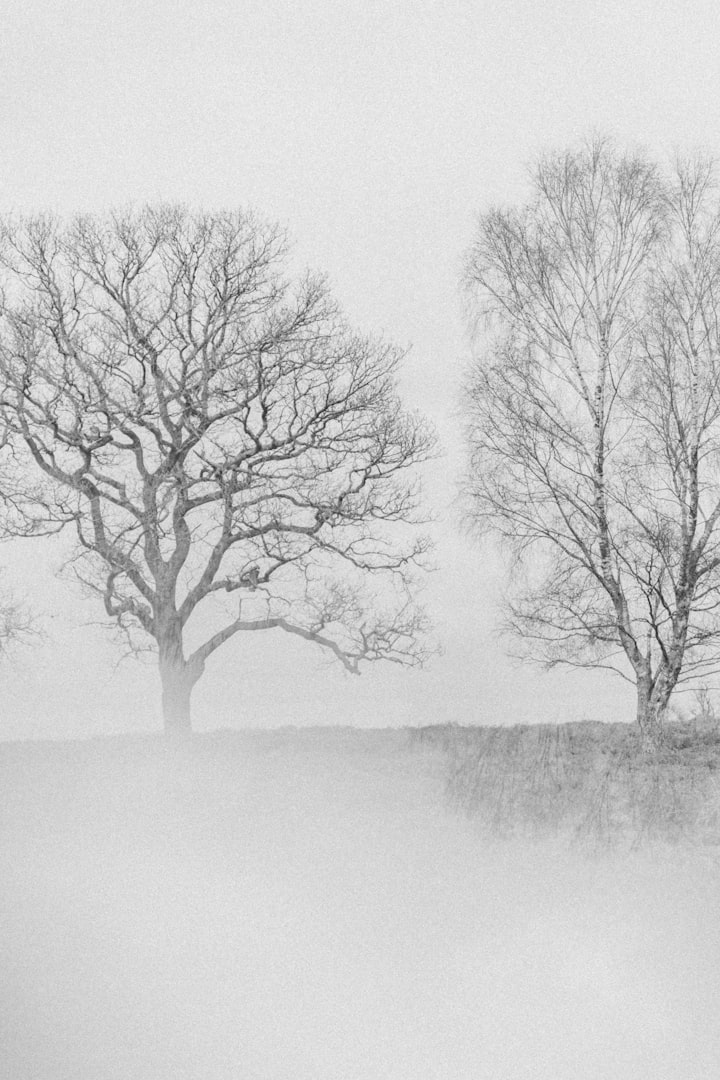Philosophy, Religion and the Future: 10th Conference of the Nordic Society for Philosophy of Religion
Uppsala June 11-13 2025
Few things concern us more than the future. However, ‘the future’ is an elusive concept we must always grasp and reflect on against current background conceptions of past and present, and even of time itself. What are the relations between past, present and future like in different religions and worldviews, and what are the implications for how we understand and should understand the future as individuals and communities?
Many conceptions of the future – optimistic or pessimistic – also have a normative impact: explicitly or implicitly, they predict what to prepare for and what measures to take today to prevent that future from coming about or speeding up its arrival. How are different scenarios about the future interpreted and used in arguments about what we should do now?
Within the philosophy of religion, there has also been some dissatisfaction with the contemporary state of the discipline and a lively discussion about its future. What, if anything, is wrong with the contemporary philosophy of religion, and what should the future philosophy of religion look like?
